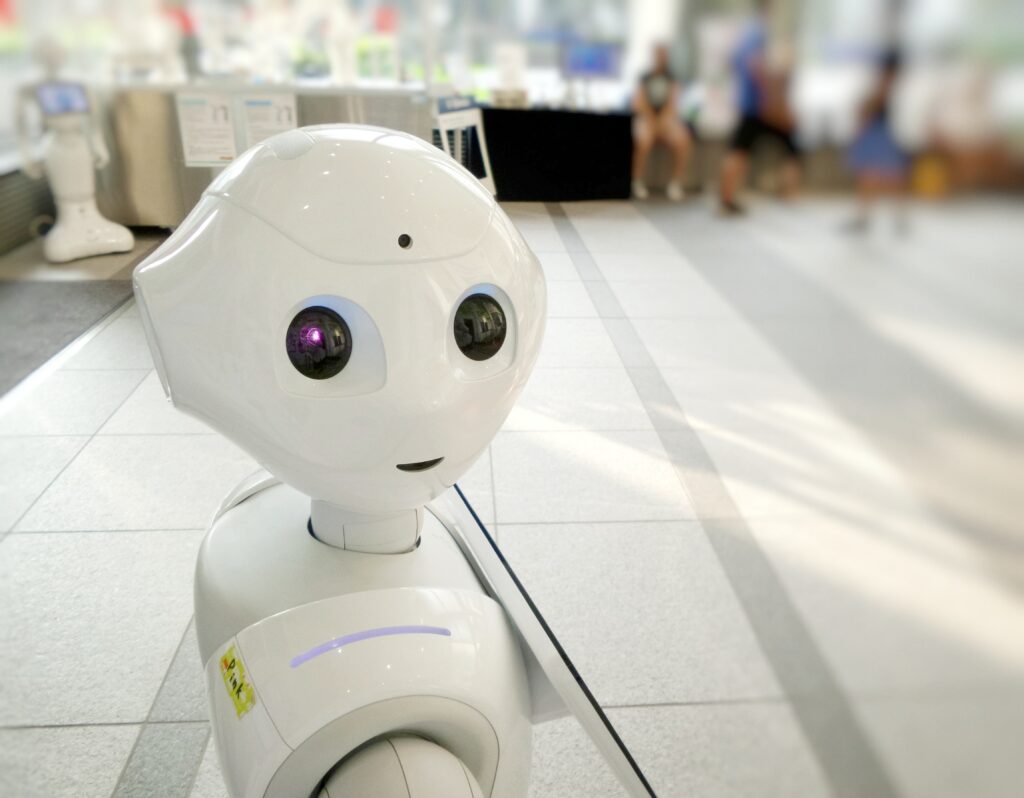We are now living through the fourth industrial revolution where robotics and automation are transforming the business world beyond recognition. Robots have rapidly grown from specialized devices meant for handling repetitive tasks and heavy machinery to commonplace items in our offices, schools, homes, and hospitals.
The Rise of the Robots
A new generation of sophisticated robots is performing diverse tasks in industries ranging from retail to financial services, helping to prepare meals, assist workers, help retail shoppers and engage banking customers. Let’s look at how robotics is changing business.
Robotics is a discipline connecting science, technology, and engineering, that produces machines called robots, which substitute for or copy human actions. Each robot has a varying level of autonomy, ranging from human-controlled bots that are fully controlled by humans to fully autonomous bots that carry on tasks without any outside influence.
As the world of robotics is expanding, we’re seeing the creation and use of robots that explore the harshest conditions on the Earth, bots that help in law enforcement, and even robots assisting almost every aspect of healthcare. Robots are fast gaining traction by performing work more efficiently, reliably, with lesser labor disruptions, and lower costs. Today we have robots filling Amazon orders, manufacturing items in factories, helping at construction sites, planting and picking crops, the list goes on.
The Impact of Robotics Across Industries
More and more businesses are implementing robotics and automation to improve their business model, be it due to the COVID 19 induced shutdowns and layoffs, labor shortage, or supply chain problems. Fully autonomous machines are steadily replacing workers in every industry.
Some of the major industries that will see innovative advancements in automation and robotics in the coming years are.
Construction – A persistent labor shortage coupled with the need for improved efficiency and the rising demands for upcoming projects contributes to the high demand for automation and robotics in construction companies.
Shipping and Packaging – Post-pandemic, e-commerce sales have experienced an unprecedented boom. To keep up with this high demand, businesses need to make their shipping and packaging processes more automated. The world may soon witness fully automated shipping and packaging centers.
Transportation – Automated vehicles for the transportation industry are likely to be a reality soon.
Food and Grocery – Autonomous food delivery robots have become popular during the pandemic since people preferred eating at home rather than eating out. The industry is seeing more use of robotics to improve customer experiences and create better business models.
Manufacturing – Robotics and automation go hand in hand with the manufacturing industry, where repetitive and large-scale processes need to be performed to get more units in lesser time and with good quality.
Healthcare – Robotics has made a massive difference to the healthcare industry, through robotic surgeons, autonomous cleaning robots, robots for senior care, etc.
As you can see, robotics technology holds immense promises in helping businesses across sectors to evolve and meet demands easily.
But does that mean robots and AI will take away all the jobs? The truth is that robots and automation aren’t meant to replace workers but to make work easier for professionals. Automation will create new occupations as technologies have done in the past.
If you’re a business owner looking to embrace AI, count on us at Silwatech to provide the best in technology-driven solutions.




















